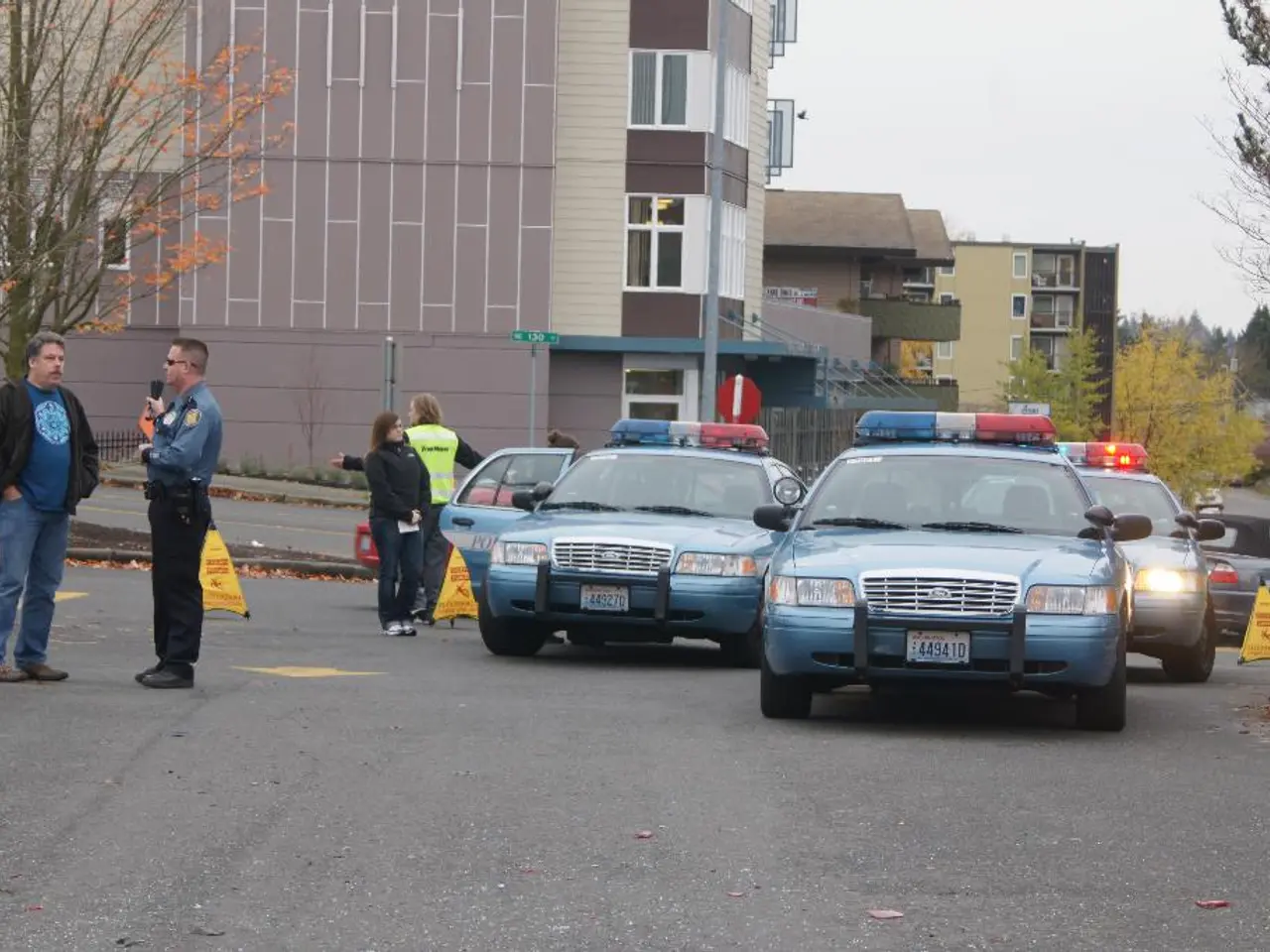Digitalisation of courts hasn't bridged the gap for the marginalised, perpetuating the digital divide, according to Justice Surya Kant.
Justice Surya Kant, a Supreme Court judge, has underscored the need for inclusive digital solutions to bridge the persistent gaps in legal aid, particularly for marginalized communities. He emphasized that while technology can break geographical barriers and bring legal aid to every citizen's doorstep, the solutions must be designed with empathy, fairness, and ethical standards to truly address the digital divide.
Justice Kant, as the chairperson of the National Legal Services Authority (NALSA), is at the forefront of pioneering initiatives. One such initiative is the development of a mobile app that provides free legal aid guidance in all scheduled languages, accessible through voice, video, and text. This app is intended for tribals, laborers, craftsmen, and other marginalized groups, offering step-by-step legal assistance, explaining rights and entitlements, and connecting users with lawyers and paralegal volunteers.
However, Justice Kant acknowledges that despite digitization efforts, the benefits have scarcely reached marginalized populations due to issues such as lack of awareness, language barriers, and technological unfamiliarity. He calls for technology solutions that are not just available but also intelligible, confidential, secure, and embedded with ethics to ensure they serve the needs of all communities equitably.
Justice Kant's concerns are rooted in the reality that access to quality legal aid remains elusive for many marginalized groups in India. Disabled, women, and children still encounter issues while accessing legal aid. He stresses that justice is only justice if it is accessible and visible, rooted in human dignity, and not just a matter of court proceedings being online or legal records being digitized.
Moreover, Justice Kant underscores the importance of the government's role in ground-level justice reforms. He emphasizes that the judiciary must keep updating itself to meet the changing needs of society, particularly in the digital age. He warns against depersonalized systems and canned responses or ticket numbers in legal aid, stating that true access to justice involves representation and empowerment.
Justice delayed, justice denied was a problem, but in the digital age, justice undelivered due to inaccessibility or exclusion is worse, according to Justice Kant. He believes that artificial intelligence, used ethically, can be a game-changer. However, he cautions against widening the gap between people and the law, especially for marginalized groups, due to technology.
In conclusion, Justice Surya Kant's vision for the future of legal aid emphasizes the need for inclusive, ethical, and accessible solutions that prioritize human elements. His efforts in pioneering digital initiatives and advocating for ground-level reforms are aimed at ensuring that justice is truly accessible and visible to all, rooted in human dignity.
[1] Digital divide in legal aid: Justice Surya Kant emphasizes the need for inclusive solutions. (n.d.). Retrieved from https://www.barandbench.com/news/digital-divide-in-legal-aid-justice-surya-kant-emphasizes-the-need-for-inclusive-solutions
[2] Justice Surya Kant on digital transformation of the judiciary. (2021, February 10). Retrieved from https://www.barandbench.com/news/justice-surya-kant-on-digital-transformation-of-the-judiciary
[3] Supreme Court judge Surya Kant on the challenges of digital transformation and access to justice. (2021, February 15). Retrieved from https://www.thehindu.com/sc/article64157246.ece
[4] Justice Surya Kant on the need for inclusive digital solutions in legal aid. (2021, February 20). Retrieved from https://www.livemint.com/news/india/justice-surya-kant-on-the-need-for-inclusive-digital-solutions-in-legal-aid-11613679246633.html
- Justice Kant emphasizes the importance of bridging the digital divide in legal aid, asserting that technology solutions should be designed to address the needs of marginalized communities, including tribals, laborers, craftsmen, disabled, women, and children.
- In his advocacy for inclusive digital solutions, Justice Kant calls for technology that is not just available but also intelligible, confidential, secure, and embedded with ethics, to truly make a difference and ensure access to justice for all.







